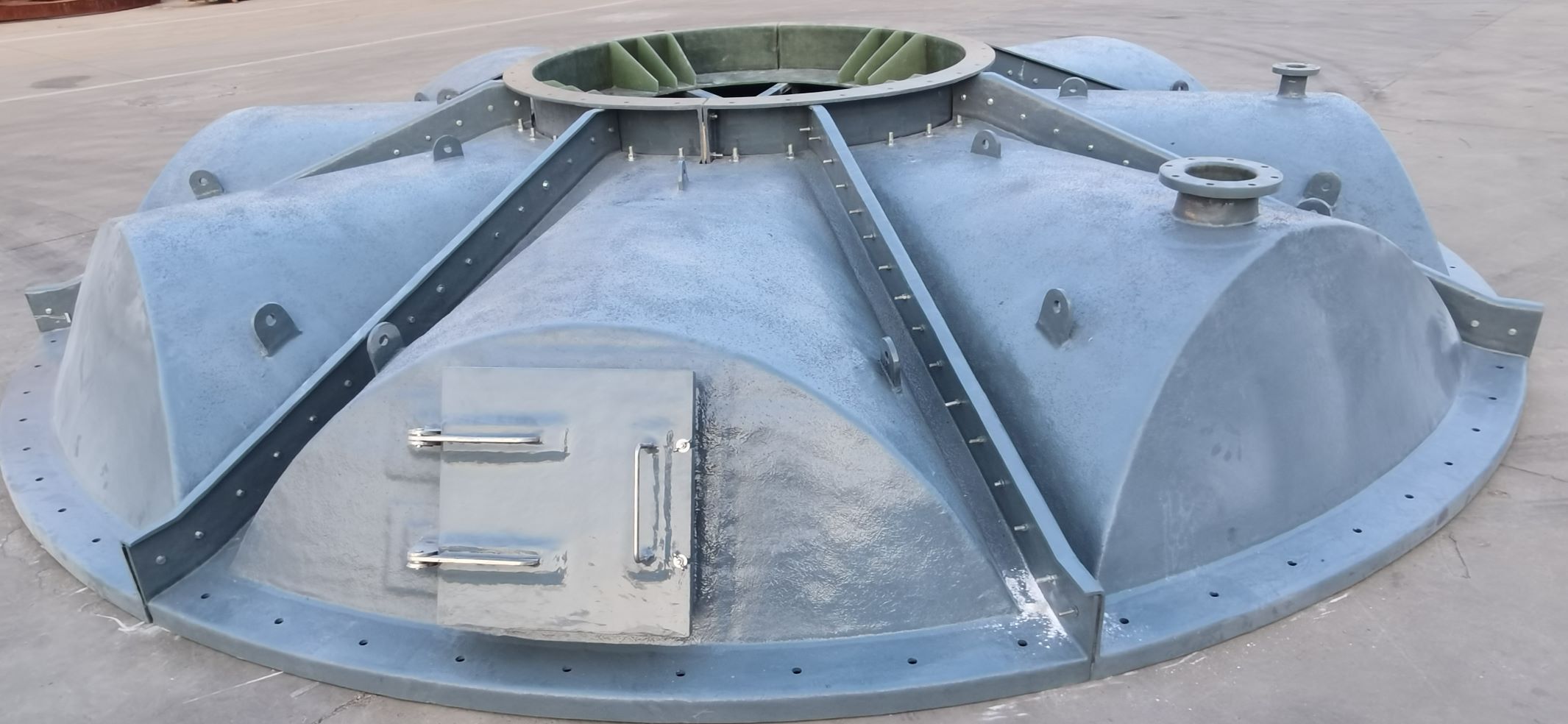
-
 Afrikaans
Afrikaans -
 Albanian
Albanian -
 Amharic
Amharic -
 Arabic
Arabic -
 Armenian
Armenian -
 Azerbaijani
Azerbaijani -
 Basque
Basque -
 Belarusian
Belarusian -
 Bengali
Bengali -
 Bosnian
Bosnian -
 Bulgarian
Bulgarian -
 Catalan
Catalan -
 Cebuano
Cebuano -
 China
China -
 China (Taiwan)
China (Taiwan) -
 Corsican
Corsican -
 Croatian
Croatian -
 Czech
Czech -
 Danish
Danish -
 Dutch
Dutch -
 English
English -
 Esperanto
Esperanto -
 Estonian
Estonian -
 Finnish
Finnish -
 French
French -
 Frisian
Frisian -
 Galician
Galician -
 Georgian
Georgian -
 German
German -
 Greek
Greek -
 Gujarati
Gujarati -
 Haitian Creole
Haitian Creole -
 hausa
hausa -
 hawaiian
hawaiian -
 Hebrew
Hebrew -
 Hindi
Hindi -
 Miao
Miao -
 Hungarian
Hungarian -
 Icelandic
Icelandic -
 igbo
igbo -
 Indonesian
Indonesian -
 irish
irish -
 Italian
Italian -
 Japanese
Japanese -
 Javanese
Javanese -
 Kannada
Kannada -
 kazakh
kazakh -
 Khmer
Khmer -
 Rwandese
Rwandese -
 Korean
Korean -
 Kurdish
Kurdish -
 Kyrgyz
Kyrgyz -
 Lao
Lao -
 Latin
Latin -
 Latvian
Latvian -
 Lithuanian
Lithuanian -
 Luxembourgish
Luxembourgish -
 Macedonian
Macedonian -
 Malgashi
Malgashi -
 Malay
Malay -
 Malayalam
Malayalam -
 Maltese
Maltese -
 Maori
Maori -
 Marathi
Marathi -
 Mongolian
Mongolian -
 Myanmar
Myanmar -
 Nepali
Nepali -
 Norwegian
Norwegian -
 Norwegian
Norwegian -
 Occitan
Occitan -
 Pashto
Pashto -
 Persian
Persian -
 Polish
Polish -
 Portuguese
Portuguese -
 Punjabi
Punjabi -
 Romanian
Romanian -
 Russian
Russian -
 Samoan
Samoan -
 Scottish Gaelic
Scottish Gaelic -
 Serbian
Serbian -
 Sesotho
Sesotho -
 Shona
Shona -
 Sindhi
Sindhi -
 Sinhala
Sinhala -
 Slovak
Slovak -
 Slovenian
Slovenian -
 Somali
Somali -
 Spanish
Spanish -
 Sundanese
Sundanese -
 Swahili
Swahili -
 Swedish
Swedish -
 Tagalog
Tagalog -
 Tajik
Tajik -
 Tamil
Tamil -
 Tatar
Tatar -
 Telugu
Telugu -
 Thai
Thai -
 Turkish
Turkish -
 Turkmen
Turkmen -
 Ukrainian
Ukrainian -
 Urdu
Urdu -
 Uighur
Uighur -
 Uzbek
Uzbek -
 Vietnamese
Vietnamese -
 Welsh
Welsh -
 Bantu
Bantu -
 Yiddish
Yiddish -
 Yoruba
Yoruba -
 Zulu
Zulu
Fiberglass Pipelines and Components for Marine Construction and Vessel Optimization
The Use of Fiberglass Pipes and Fittings in Shipbuilding
In the modern shipbuilding industry, the quest for enhanced performance and longevity of vessels has prompted the exploration and implementation of advanced materials. One such material that is gaining traction is fiberglass-reinforced plastic (FRP), particularly in the form of pipes and fittings. The adoption of these materials presents various advantages that address both functional and environmental concerns in maritime construction.
Advantages of Fiberglass Pipes and Fittings
1. Corrosion Resistance One of the primary benefits of fiberglass pipes and fittings is their exceptional resistance to corrosion. Traditional materials like steel and iron are prone to rust and degradation when exposed to saltwater and harsh maritime conditions. In contrast, fiberglass does not corrode, which significantly extends the lifespan of the components and reduces maintenance costs. This quality is particularly crucial in shipbuilding, where the longevity of materials is essential for cost-effective operations.
2. Lightweight Nature Fiberglass pipes are considerably lighter than their metal counterparts. This weight reduction translates into lower fuel consumption during transportation, improved handling during installation, and enhanced overall vessel performance. A lighter ship requires less energy to move, which can lead to significant operational savings over time. Moreover, the lightweight nature of fiberglass allows for increased flexibility in design, enabling shipbuilders to create more innovative and efficient vessel shapes.
3. Ease of Installation The installation process for fiberglass pipes and fittings is generally more straightforward than that of traditional materials. The lightweight nature makes handling easier, and the pipes can be cut, shaped, and joined with relative simplicity. This ease of installation results in reduced labor costs and faster construction times, allowing shipbuilders to meet deadlines without compromising on quality.
fiberglass pipes and fittings for ship building

4. Thermal Insulation Properties Fiberglass has inherent thermal insulation capabilities, which make it an excellent choice for various applications in shipbuilding. Effective thermal insulation helps in maintaining the desired temperature within cargo holds, machinery spaces, and living quarters, thereby enhancing the comfort and safety of the crew and passengers. Moreover, it minimizes energy consumption, contributing to a ship's overall efficiency.
5. Versatility Fiberglass pipes and fittings can be molded into various shapes and sizes for different applications, making them highly versatile. Whether used in cooling water systems, bilge systems, or even potable water lines, fiberglass components can be engineered to meet specific demands. This adaptability allows for greater customization in ship design, facilitating innovative approaches to maritime construction.
Environmental Considerations
With increasing awareness of environmental issues, the use of fiberglass pipes and fittings aligns well with sustainable practices in shipbuilding. The production of FRP is less energy-intensive compared to the manufacturing of metals, and the longevity of fiberglass reduces the need for frequent replacements, ultimately diminishing waste. Additionally, because fiberglass does not leach harmful substances, it contributes to marine safety and environmental protection.
Conclusion
The integration of fiberglass pipes and fittings in shipbuilding epitomizes the advancement of materials technology in the maritime sector. These components offer significant advantages such as corrosion resistance, reduced weight, ease of installation, thermal insulation, and versatility. Furthermore, they align with the industry's shift towards sustainability by lowering environmental impact. As shipbuilders continue to seek innovative solutions to modern challenges, the role of fiberglass in constructing durable, efficient, and eco-friendly vessels is likely to expand, paving the way for a new era in maritime engineering. The future of shipbuilding is undoubtedly being shaped by the intelligent use of advanced materials like fiberglass, promising enhanced performance for generations of vessels to come.
Latest news
-
Exploring the Benefits of Top Hammer Drifter Rods for Enhanced Drilling PerformanceNewsJun.10,2025
-
High-Precision Fiberglass Winding Machine for GRP/FRP Pipe Production – Reliable & Efficient SolutionsNewsJun.10,2025
-
FRP Pipes & Fittings for Shipbuilding - Corrosion-Resistant & LightweightNewsJun.09,2025
-
Premium FRP Flooring Solutions Durable & Slip-ResistantNewsJun.09,2025
-
Premium Fiberglass Rectangular Tanks Durable & Lightweight SolutionNewsJun.09,2025
-
Tapered Drill String Design Guide Durable Performance & UsesNewsJun.09,2025









